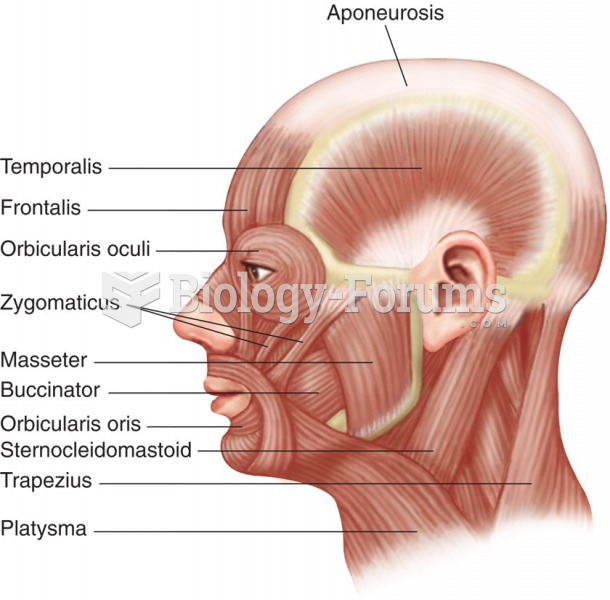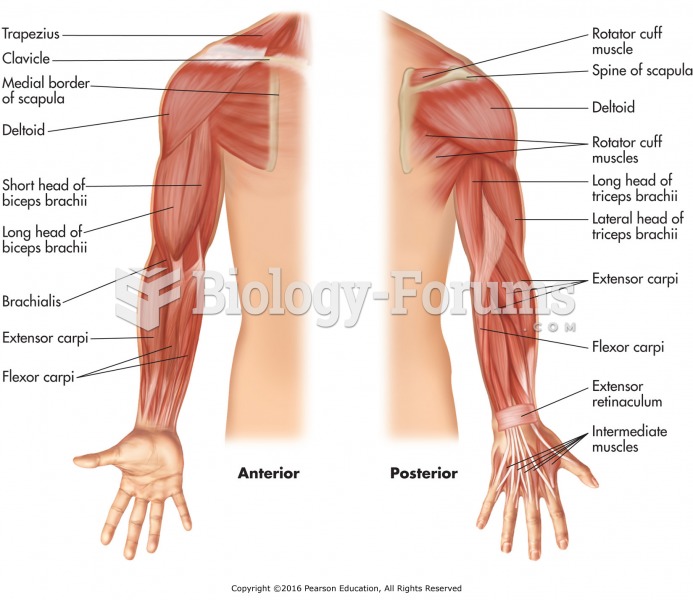Answer to Question 1
Ans:
C
Feedback:
: Stress incontinence is commonly caused by weak pelvic floor muscles, which allow the angle between the bladder and the posterior proximal urethra to change so that the bladder and urethra are positioned for voiding when some activity increases intra-abdominal pressure. Overflow incontinence results when the bladder becomes distended and detrusor activity is absent. Urge incontinence is probably related to CNS control of bladder sensation and emptying or to the smooth muscle of the bladder. Mixed incontinence, a combination of stress and urge incontinence, probably has more than one cause.
Answer to Question 2
Ans:
C
Feedback:
Immunoglobulin A (IgA) nephropathy (Buerger disease) is a primary glomerulonephritis characterized by the presence of glomerular IgA immune complex deposits. It can occur at any age, but most commonly occurs with clinical onset in the second and third decades of life. It is more common in males than in females and is the most common cause of glomerular nephritis in Asians. There is no satisfactory treatment for IgA nephropathy. Goodpasture syndrome is a form of glomerulonephritis; treatment includes plasmapheresis to remove circulating anti-GBM antibodies and immunosuppressive therapy to inhibit antibody production. Membranous glomerulonephritis is the most common cause of primary nephrosis in adults, most commonly those in their sixth or seventh decade. It is treated with corticosteroids. In nodular glomerulosclerosis, also known as Kimmelstiel-Wilson syndrome, there is nodular deposition of hyaline in the mesangial portion of the glomerulus. As the sclerotic process progresses in the diffuse and nodular forms of glomerulosclerosis in many cases, early changes in glomerular function can be reversed by careful control of blood glucose levels. Control of high blood pressure and smoking cessation are recommended as primary and secondary prevention strategies in persons with diabetes.







